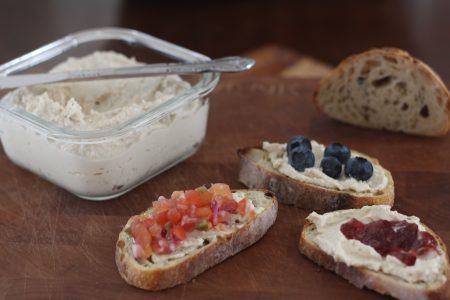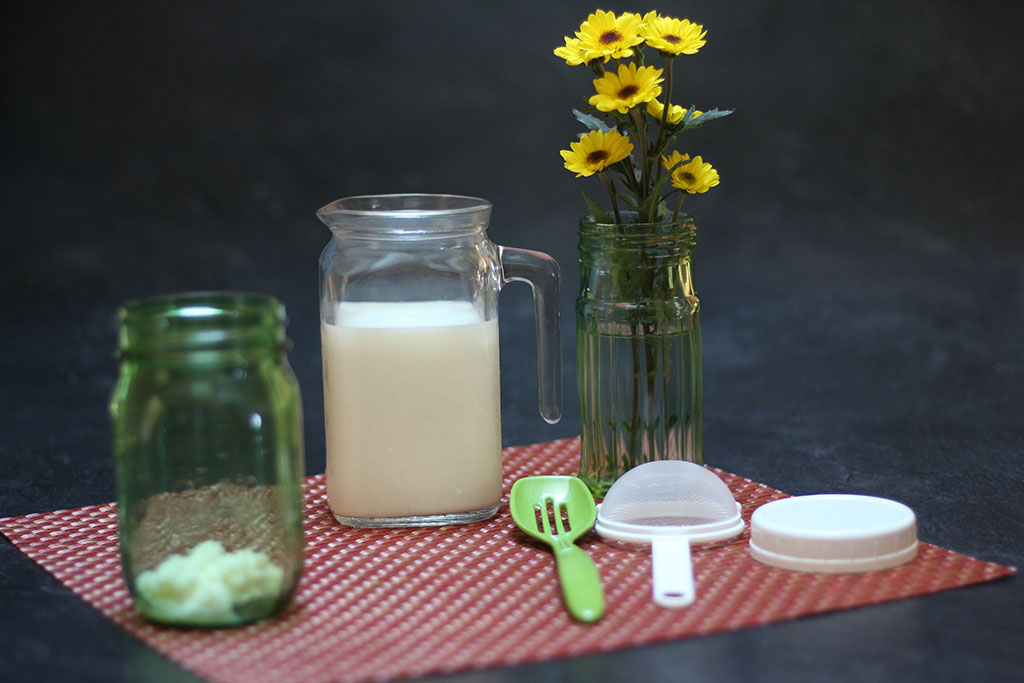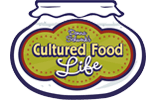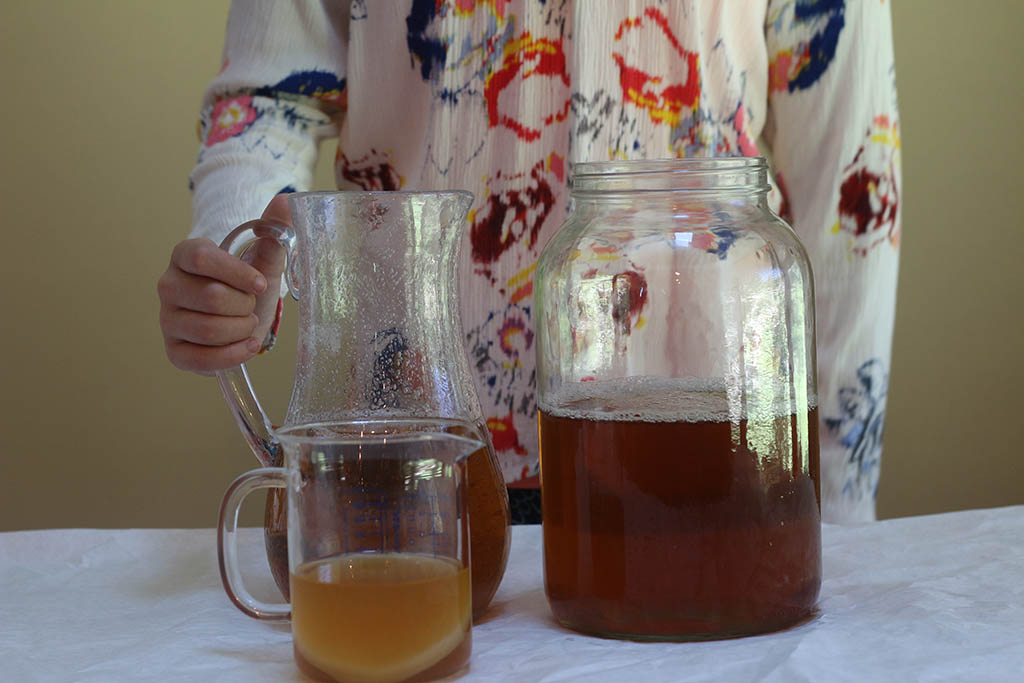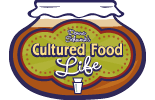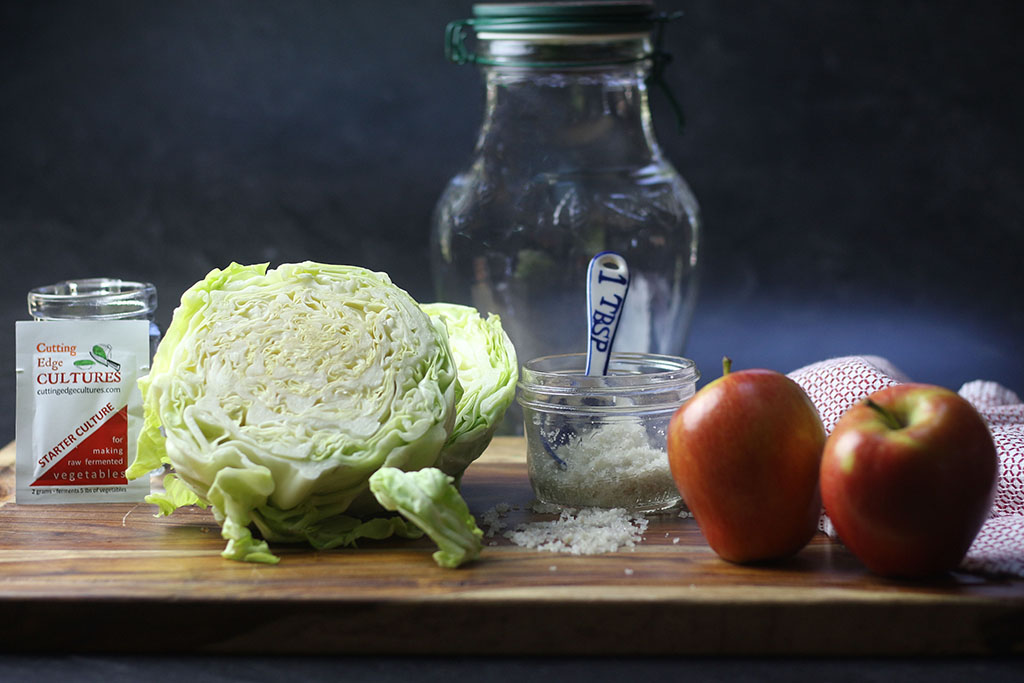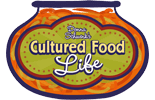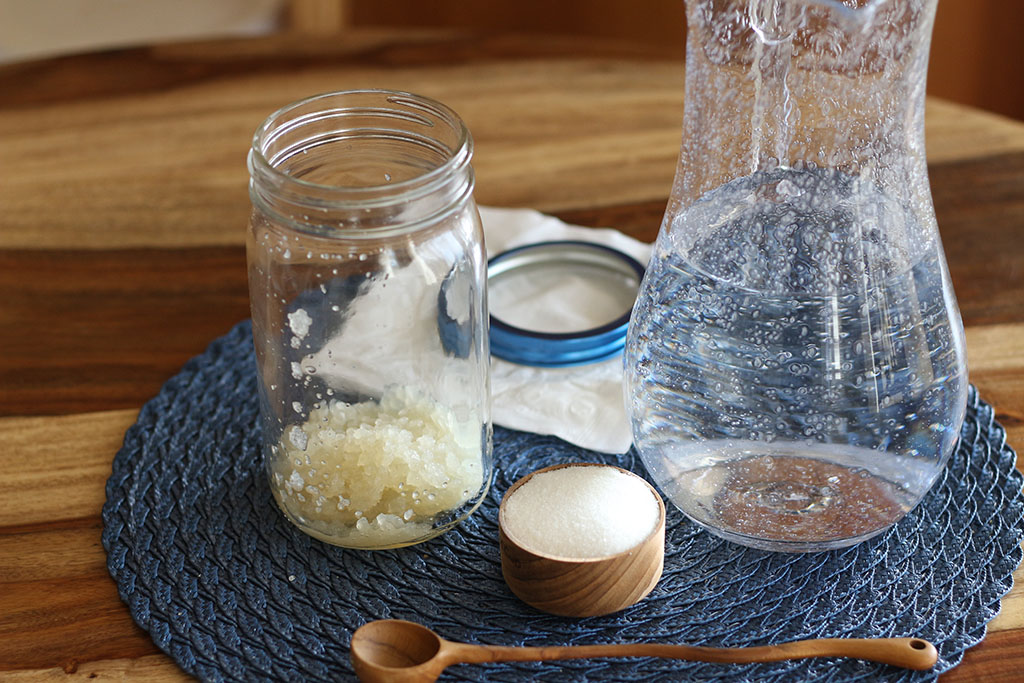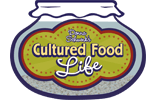
What Are Cultured Foods? Restorative Foods for the Body
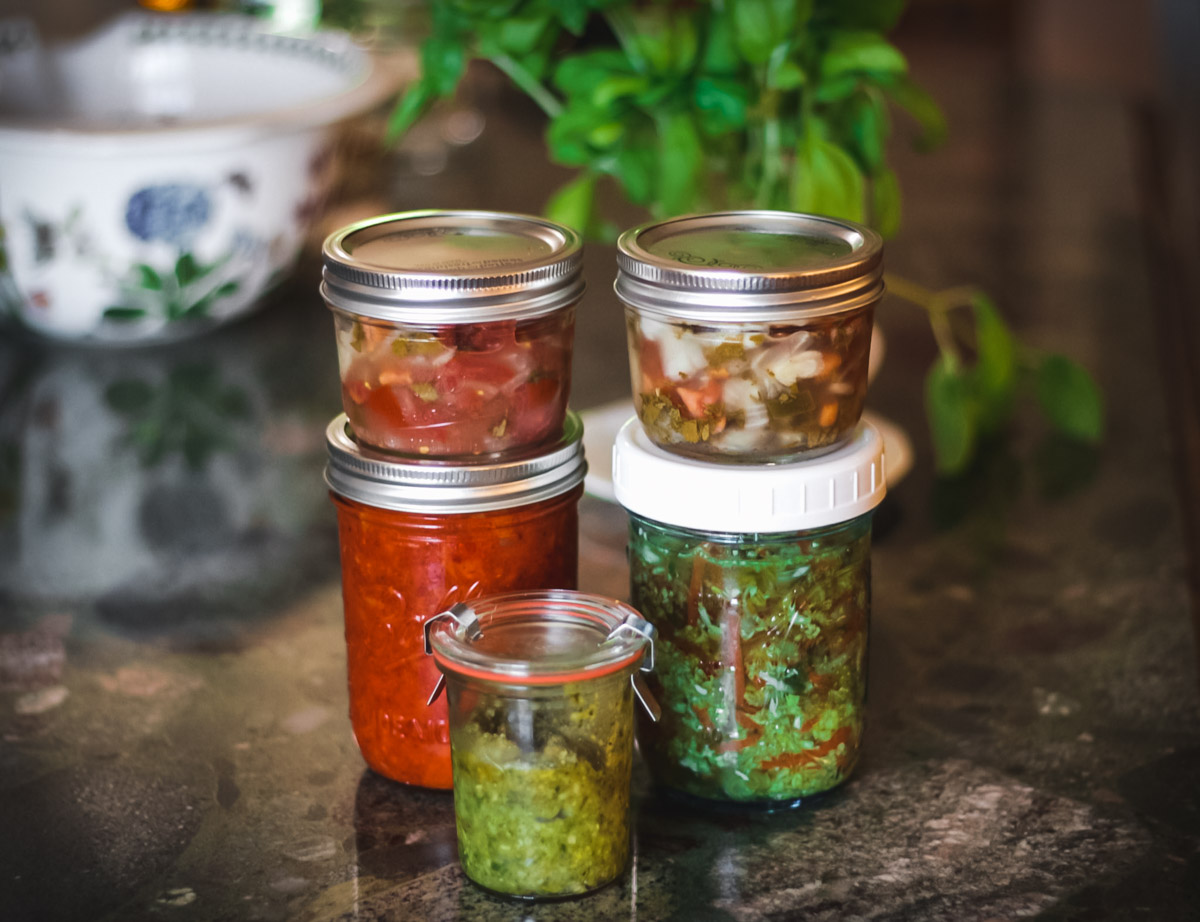
Cultured Foods
Or Lacto Fermented?
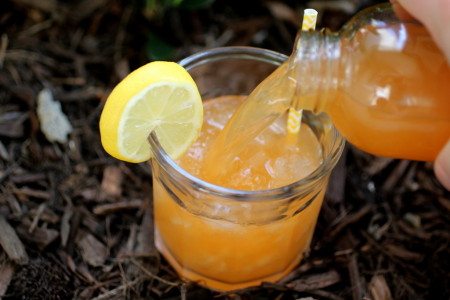
This special process of food preservation has been around since the beginning of time. As humans learned the importance of this natural process, it helped them to keep foods safe and preserved - even before refrigeration was invented. All cultures have their own fermented foods, such as cheeses, wines, yogurts, kefir, sourdough breads, krauts, kimchi, fermented meats, and many others. Many cultures, such as those in Korea, would store their kimchi jars underground to keep cool in the summer, and unfrozen during the winter months.
The Power Of Lactobacillus
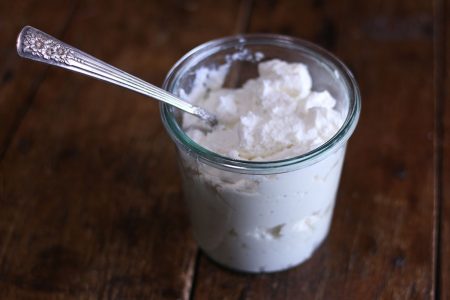
All Cultured Foods are Fermented Foods. But not all Fermented Foods are Cultured. So what exactly is the difference?
When you go to the store and see pickles and sauerkraut on a shelf, and not refrigerated in cans or jars, these too are often called fermented foods, but here's the deal . . . you won't receive benefits from these as you would from lacto-fermented/cultured foods. These foods are heated which kills all the probiotics and they're mostly made with vinegars and will not contain probiotics. Although they are delicious, they don't have the powerful probiotics you get in lacto-fermented foods. One spoonful of cultured veggies can contain more probiotics than a whole bottle of supplements! Yogurts and kefir at the store will often have different strains of probiotics; and although I think many of them are wonderful, they can be filled with sugars and chemicals. If you don't get a good brand, you can miss many of the multiple strains of probiotics that you get when you make it at home.
Canned — Versus Cultured Foods
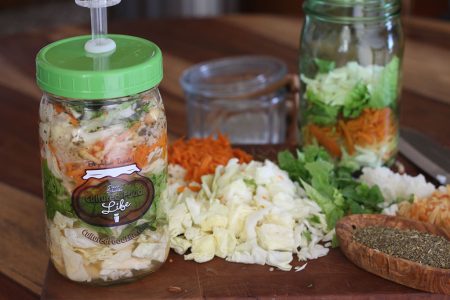
Tips For More Probiotics
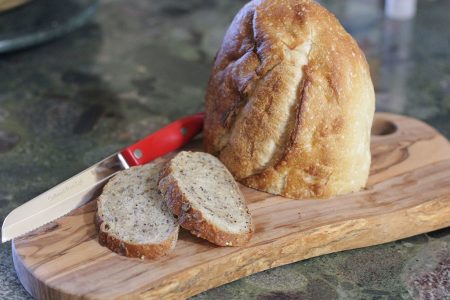
Cultured foods are loaded with probiotics and good bacteria. In order to maximize them, we ferment ours for a shorter time than others do. If you culture something for too long, it will slowly start to lose good bacteria as it runs out of food to eat and this lessens the probiotics. While still beneficial, it is not nearly as full of good bacteria as it would've been in a shorter fermentation time.
Getting started
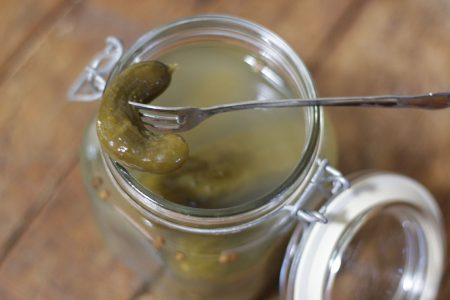
To get started making cultured foods, sign up for my free ebook explaining how to make kefir, kombucha, and cultured vegetables or see the recipes below. For more help, become a Biotic Pro member for access to 144 lessons and different courses teaching you everything you need from the basics to advanced techniques making you a master fermenter.
Listen To My Podcast
Fermentation or "culturing" is a special process of food preservation that has been around since the beginning of time. As humans learned the importance of this natural process, it helped them to keep foods safe in a powerful way - even before refrigeration was invented. It can help you in powerful ways too. Listen to learn more.
Are you on the list?
Sign up today and I'll send you my free Getting Started Guide!
Each week I'll send you updates, tips, recipes, and more! You might even be a winner of my weekly giveaway! (starter cultures, memberships, and more!)
Come be a part of my cultured food family!

